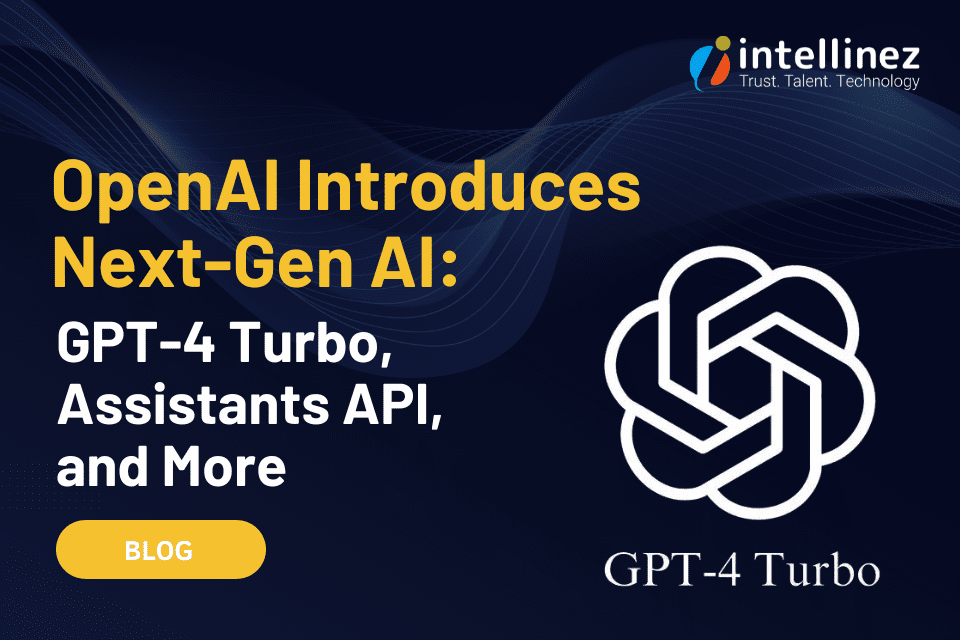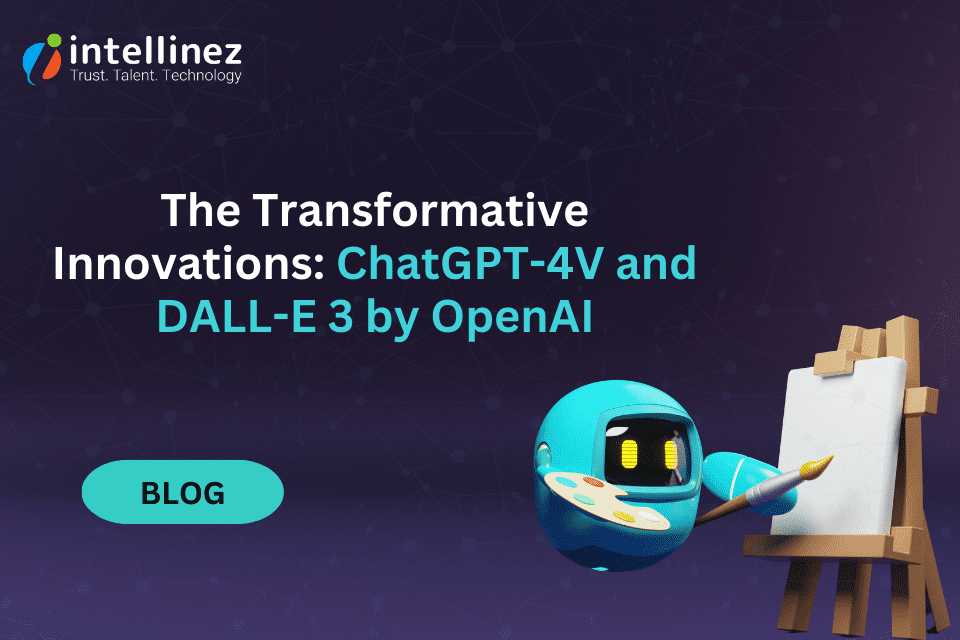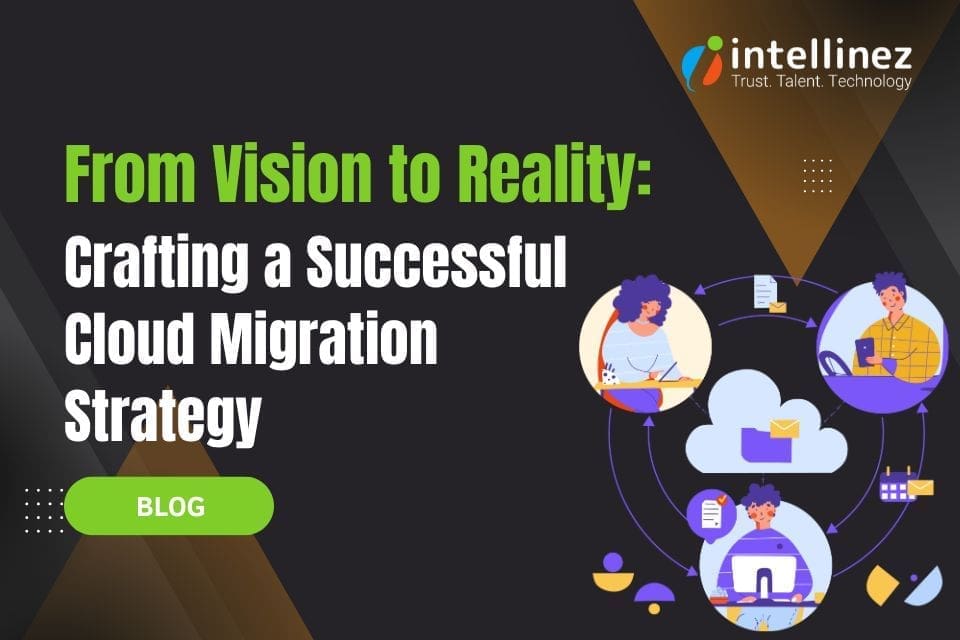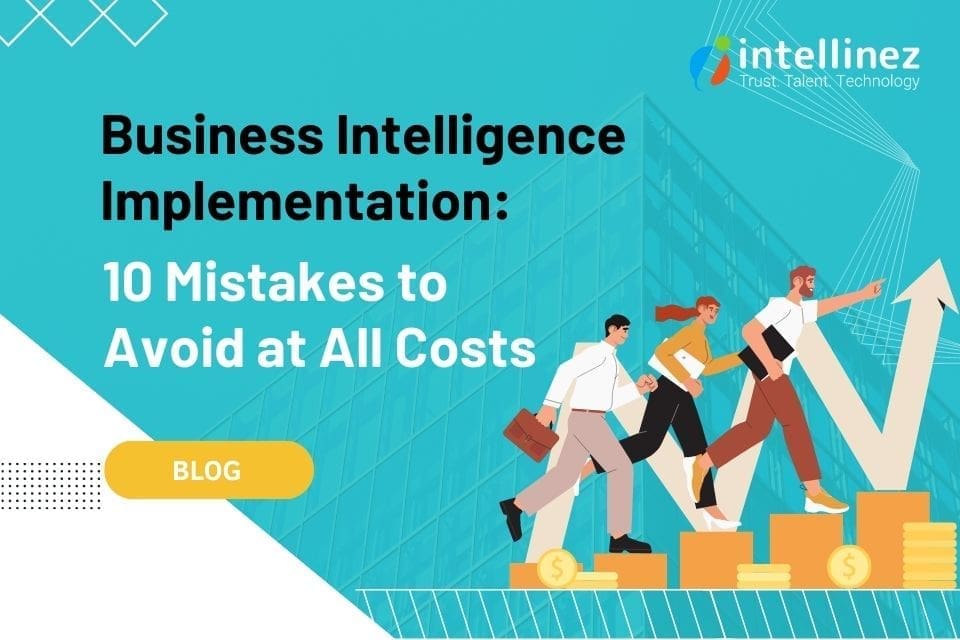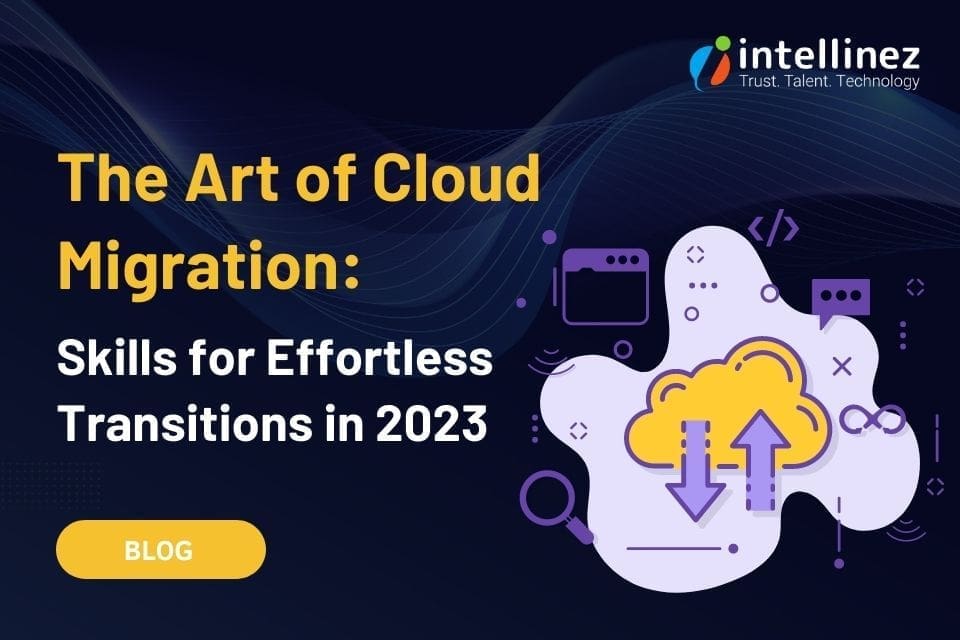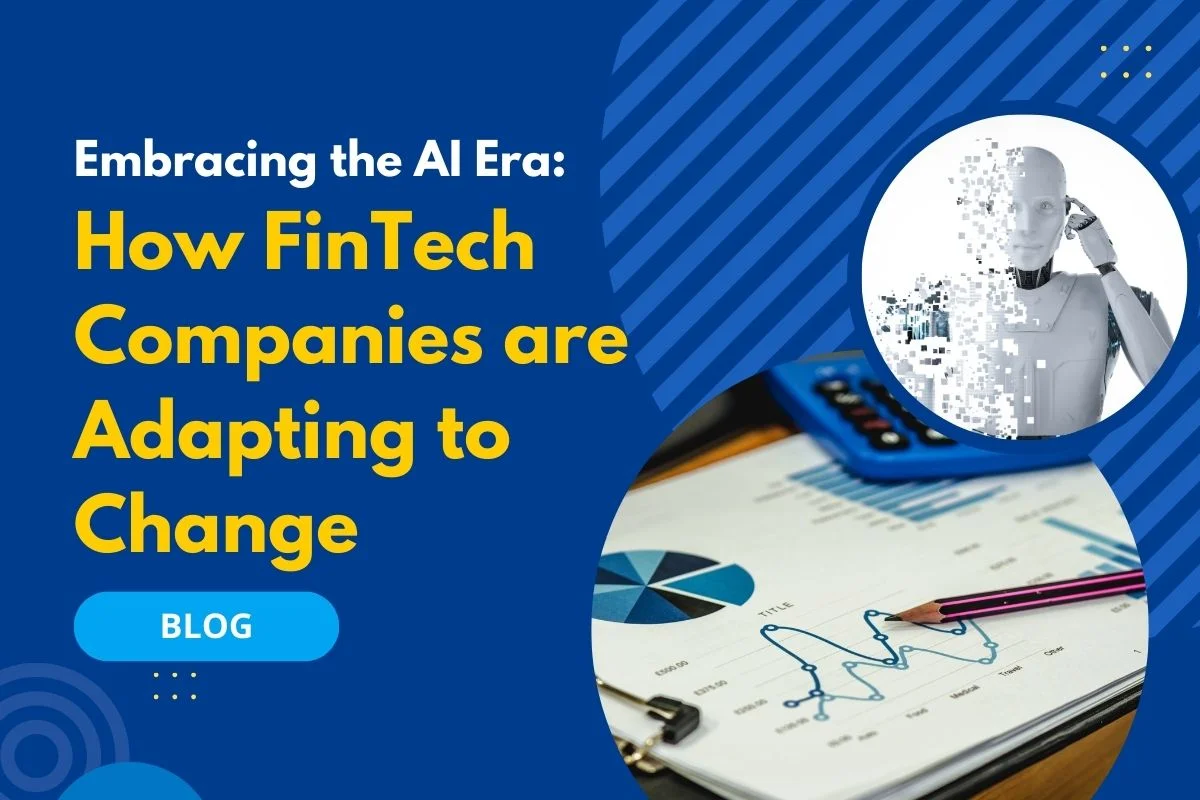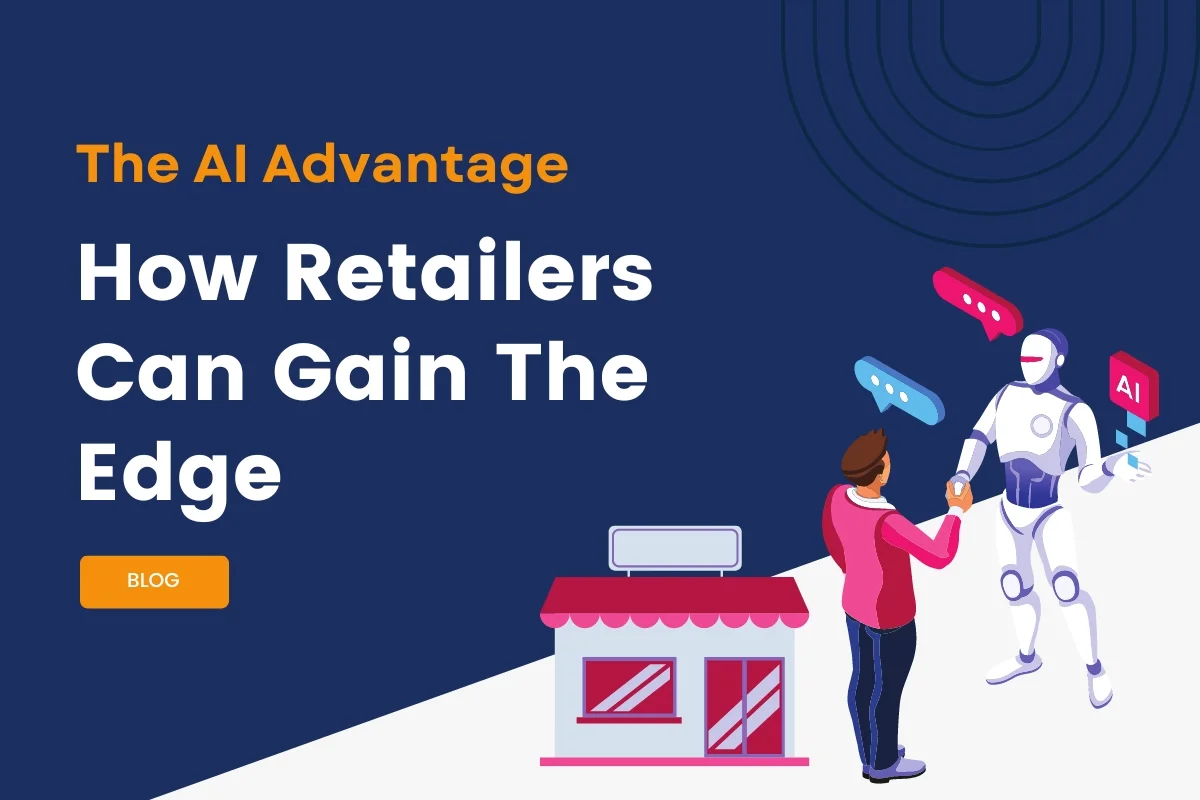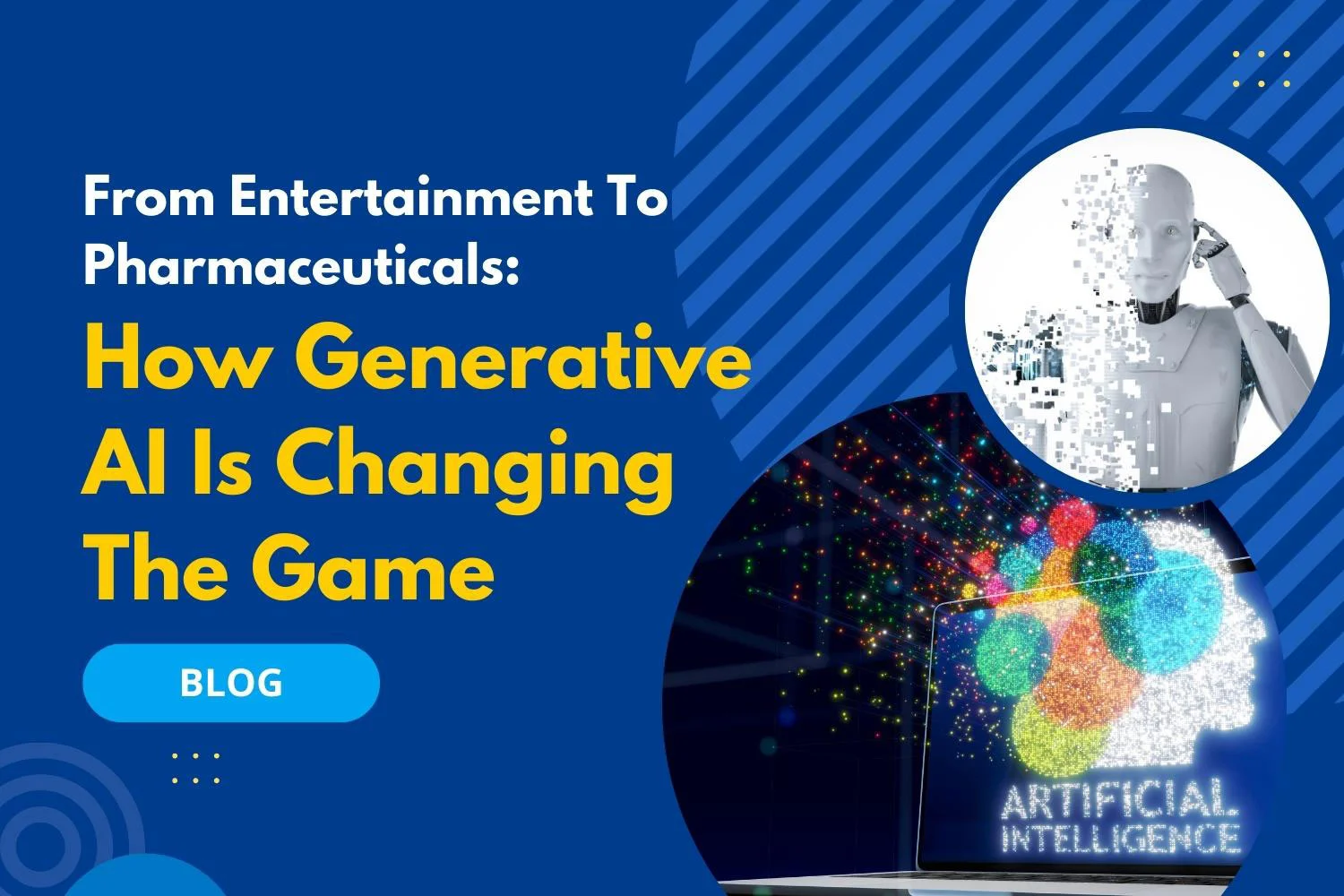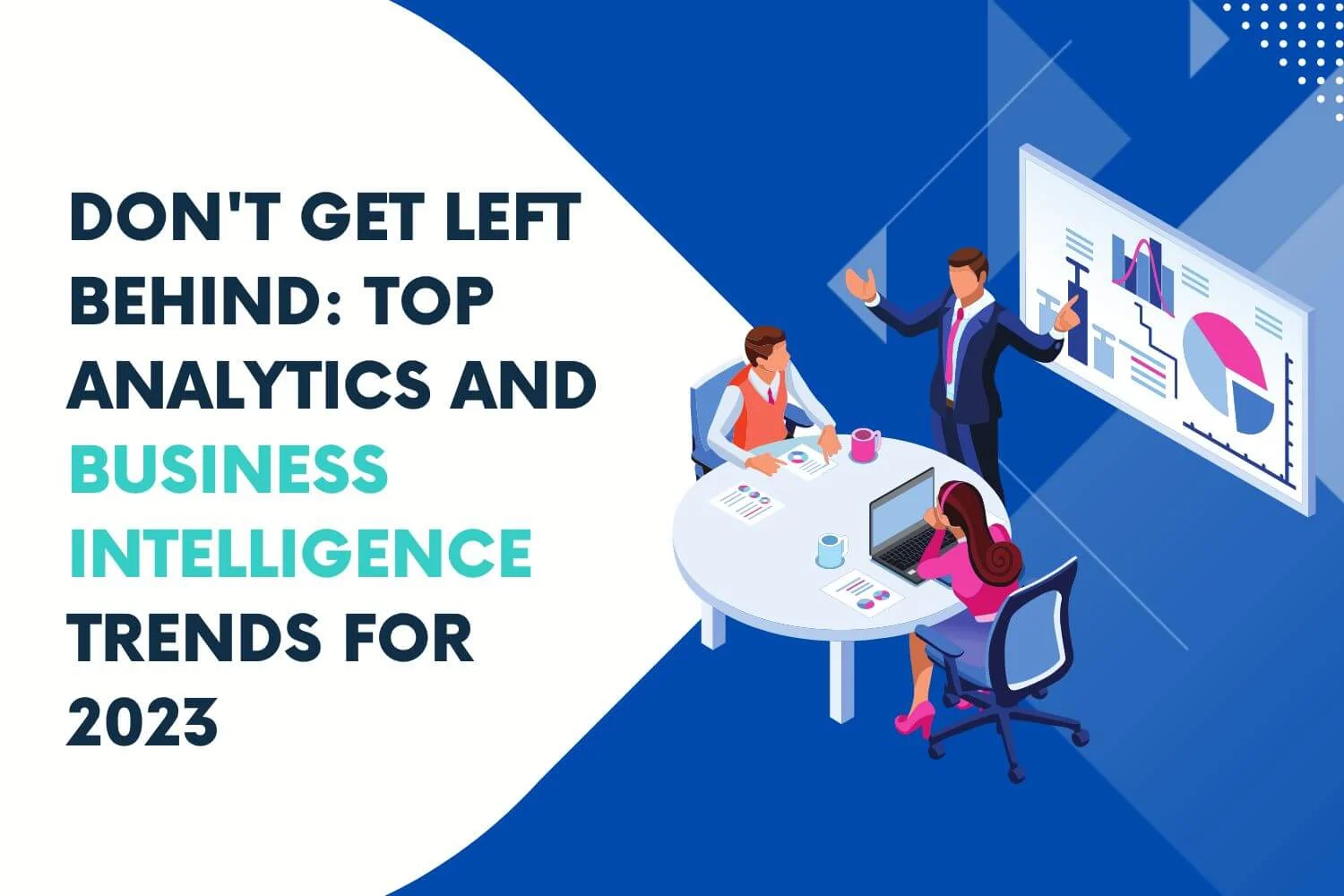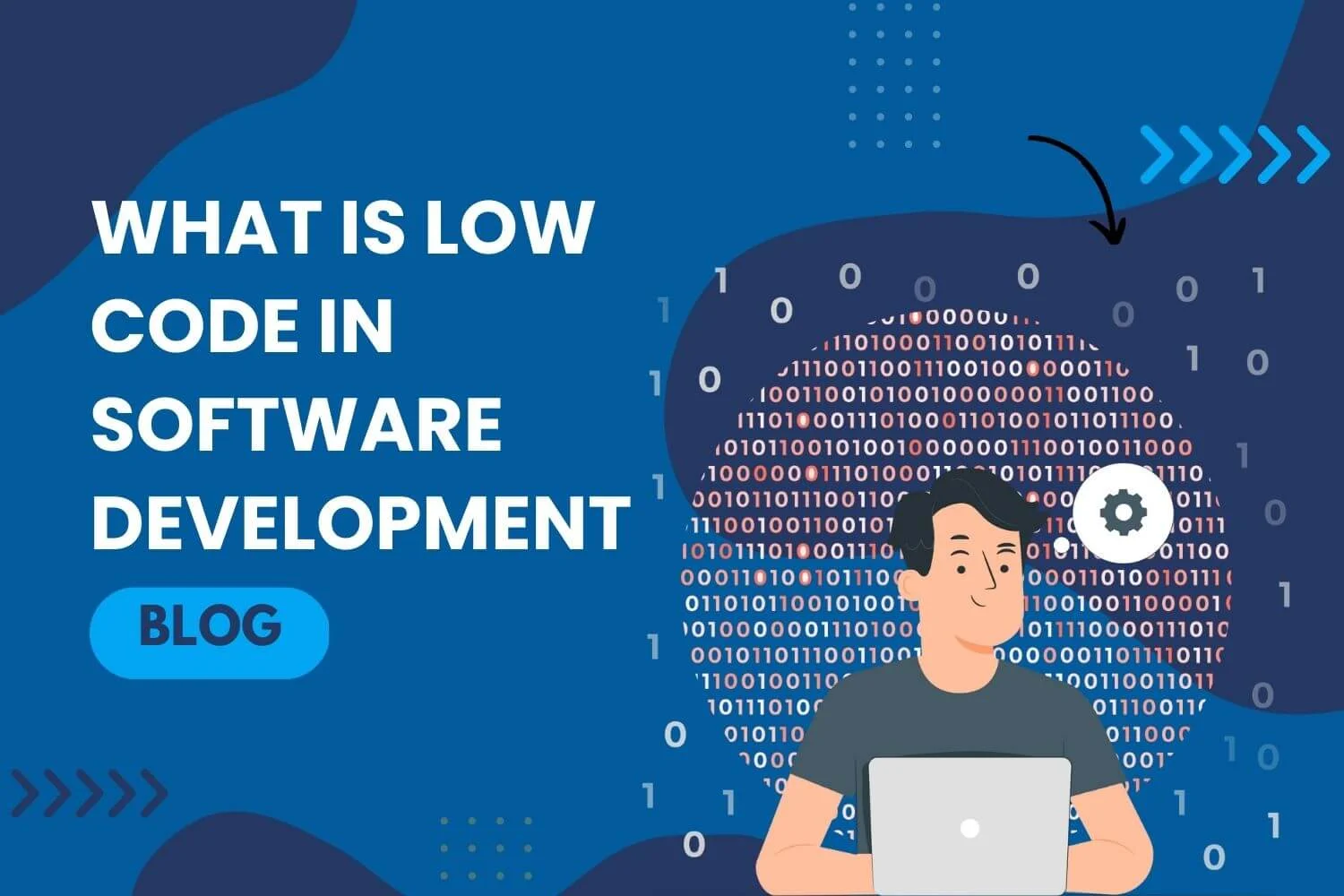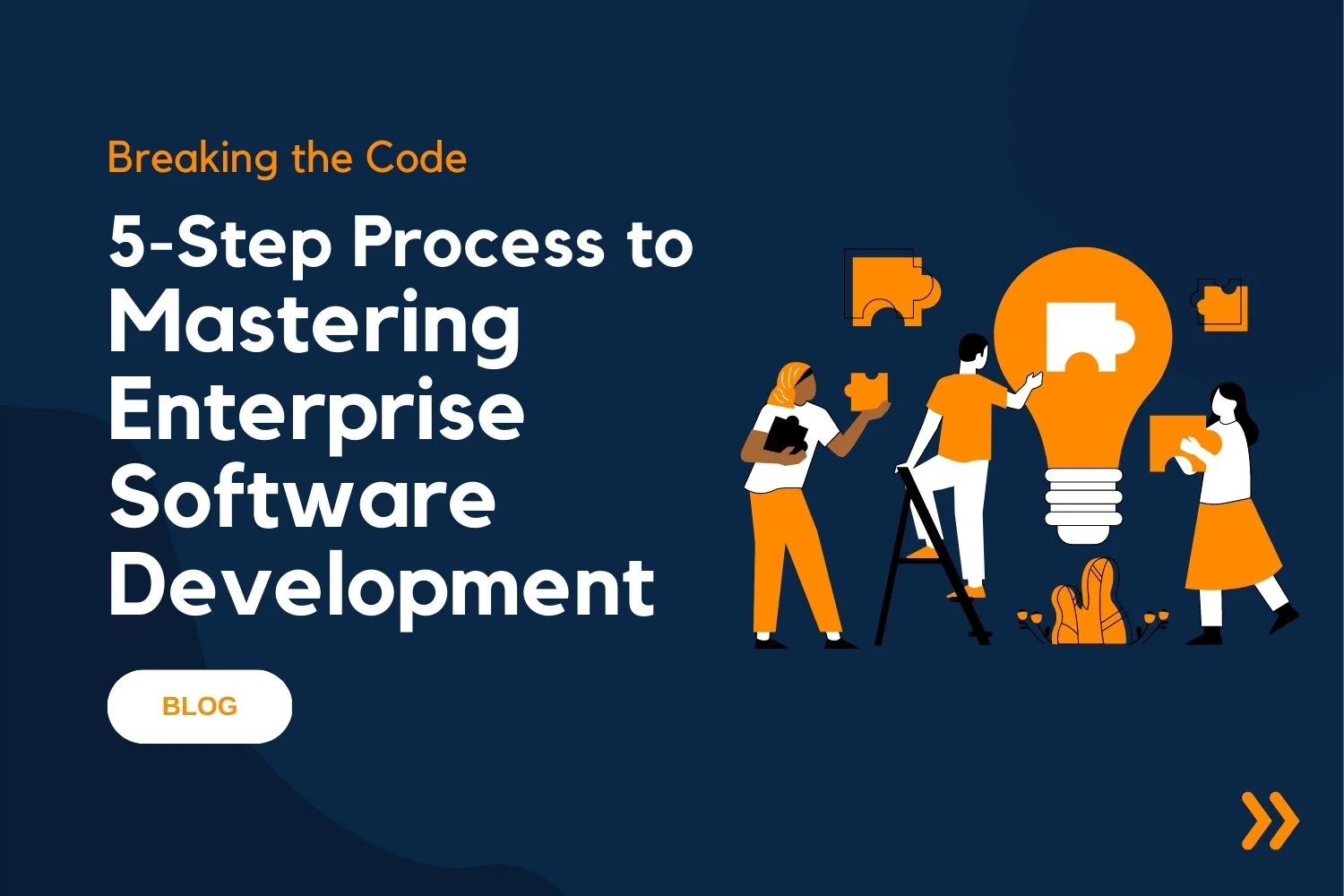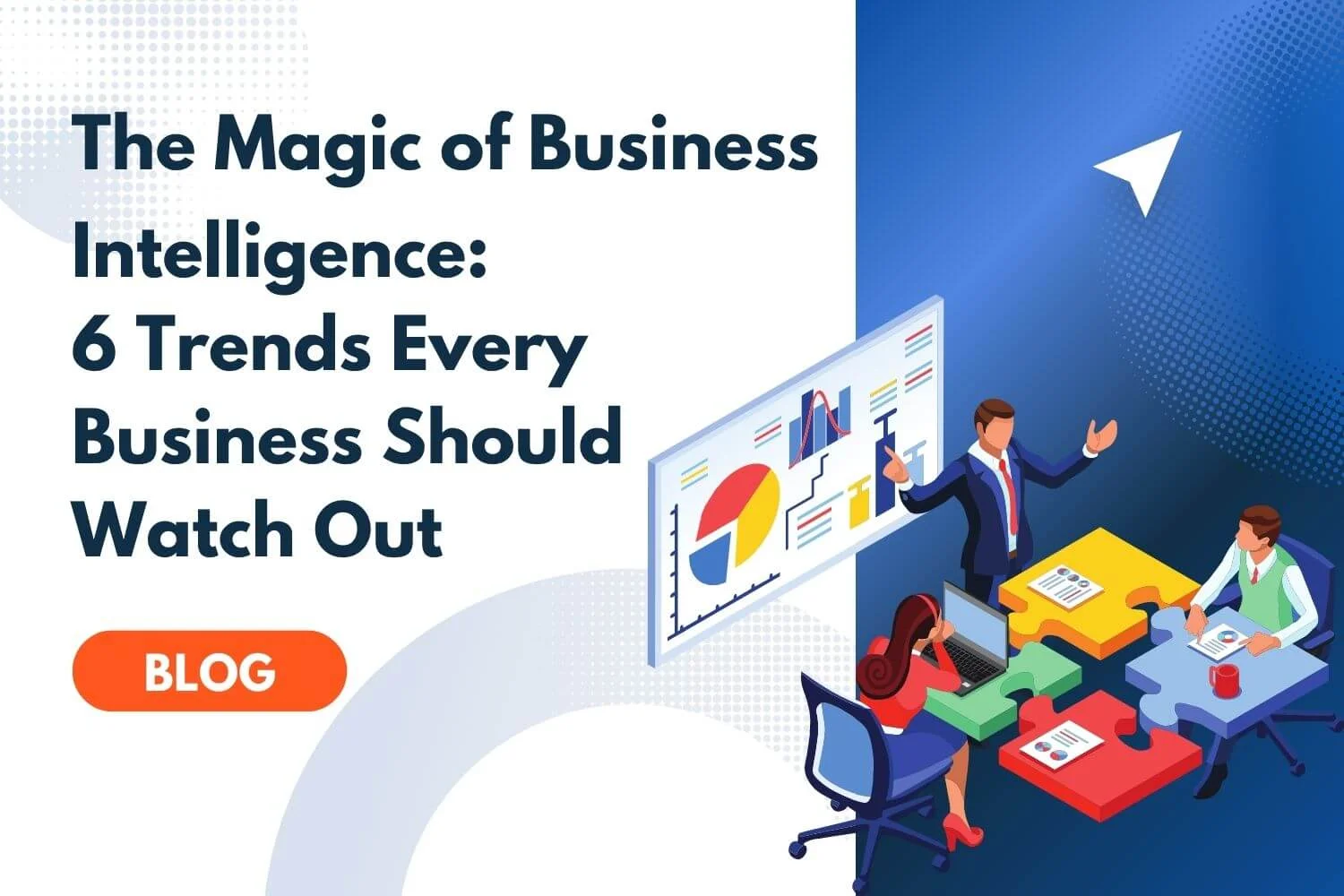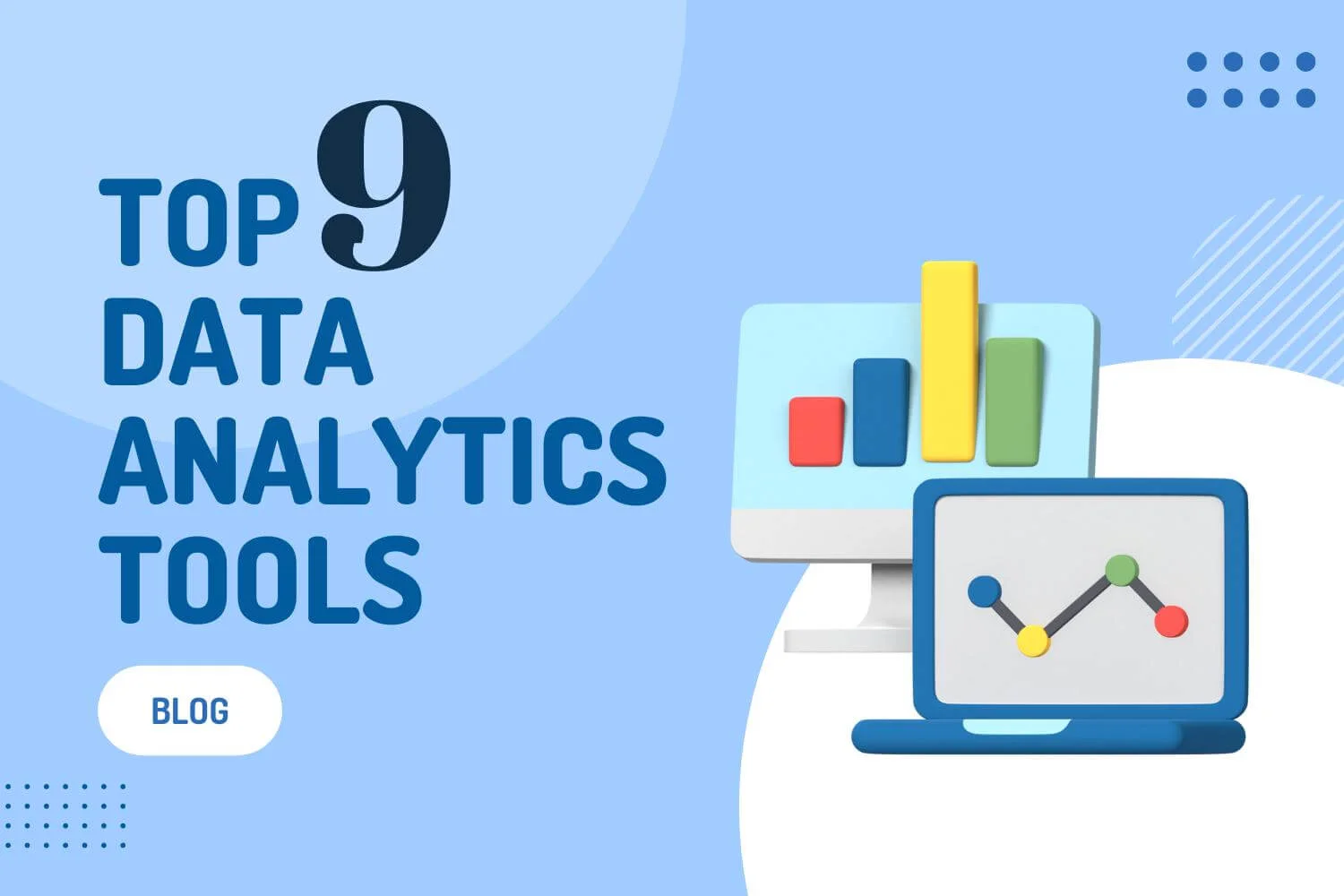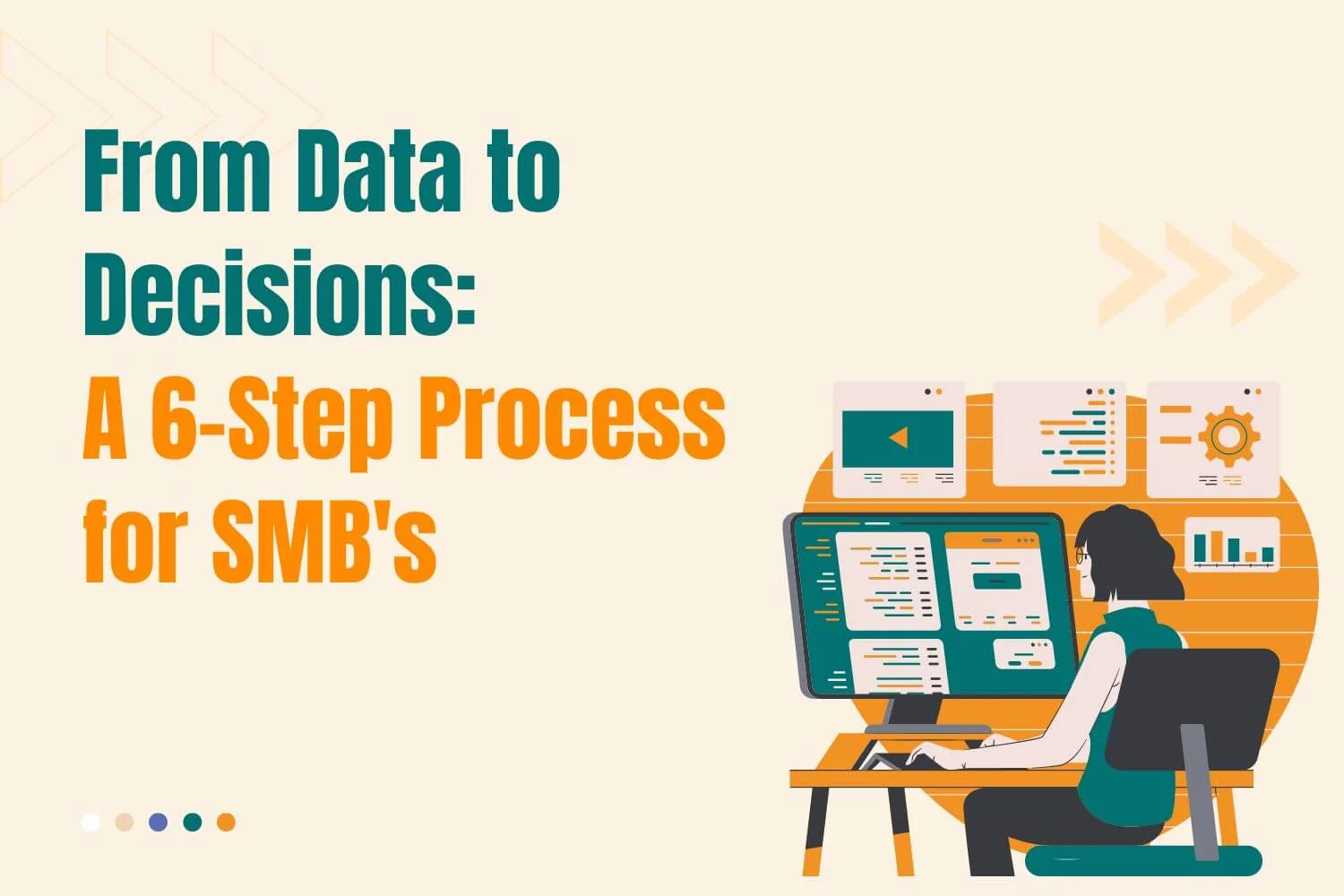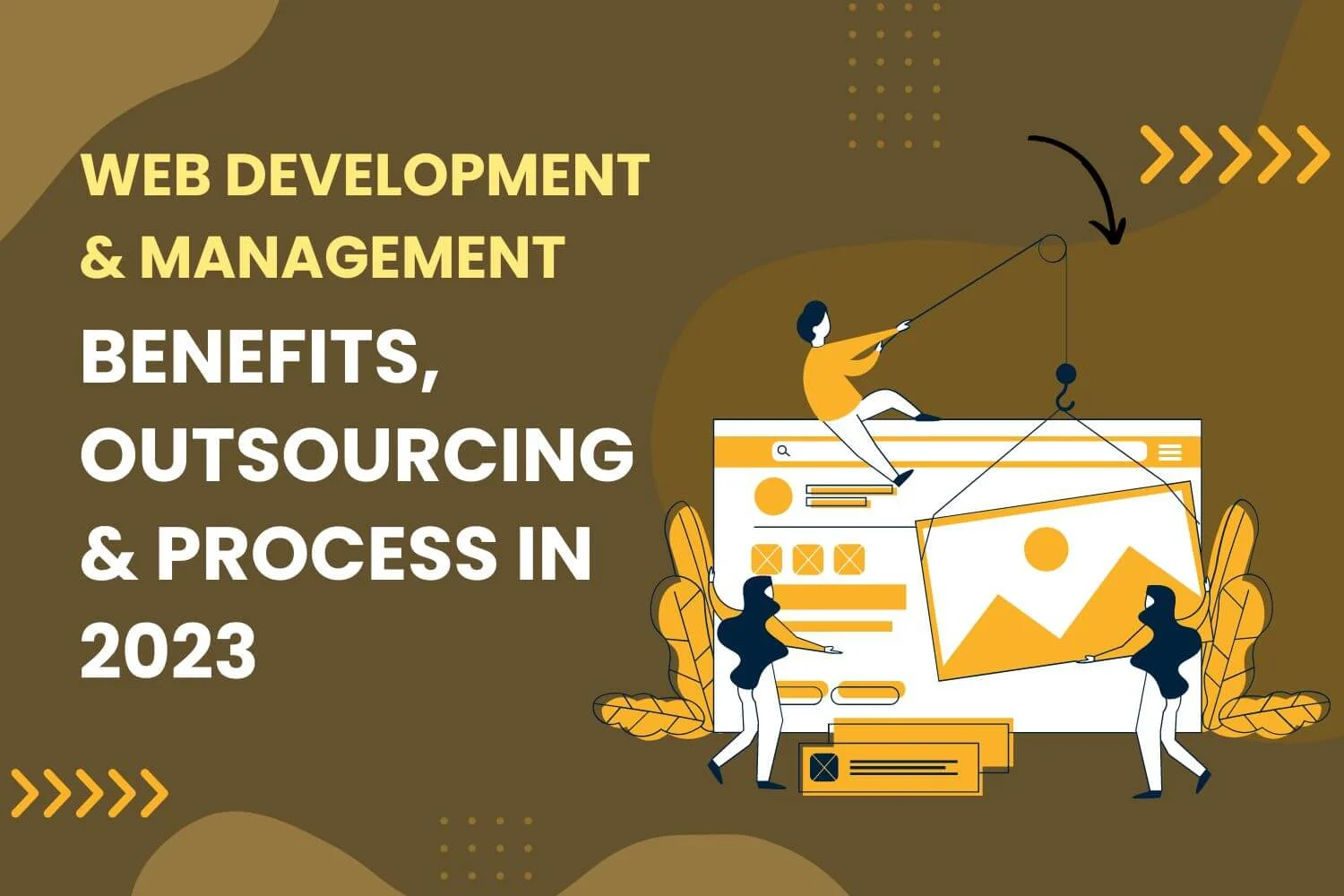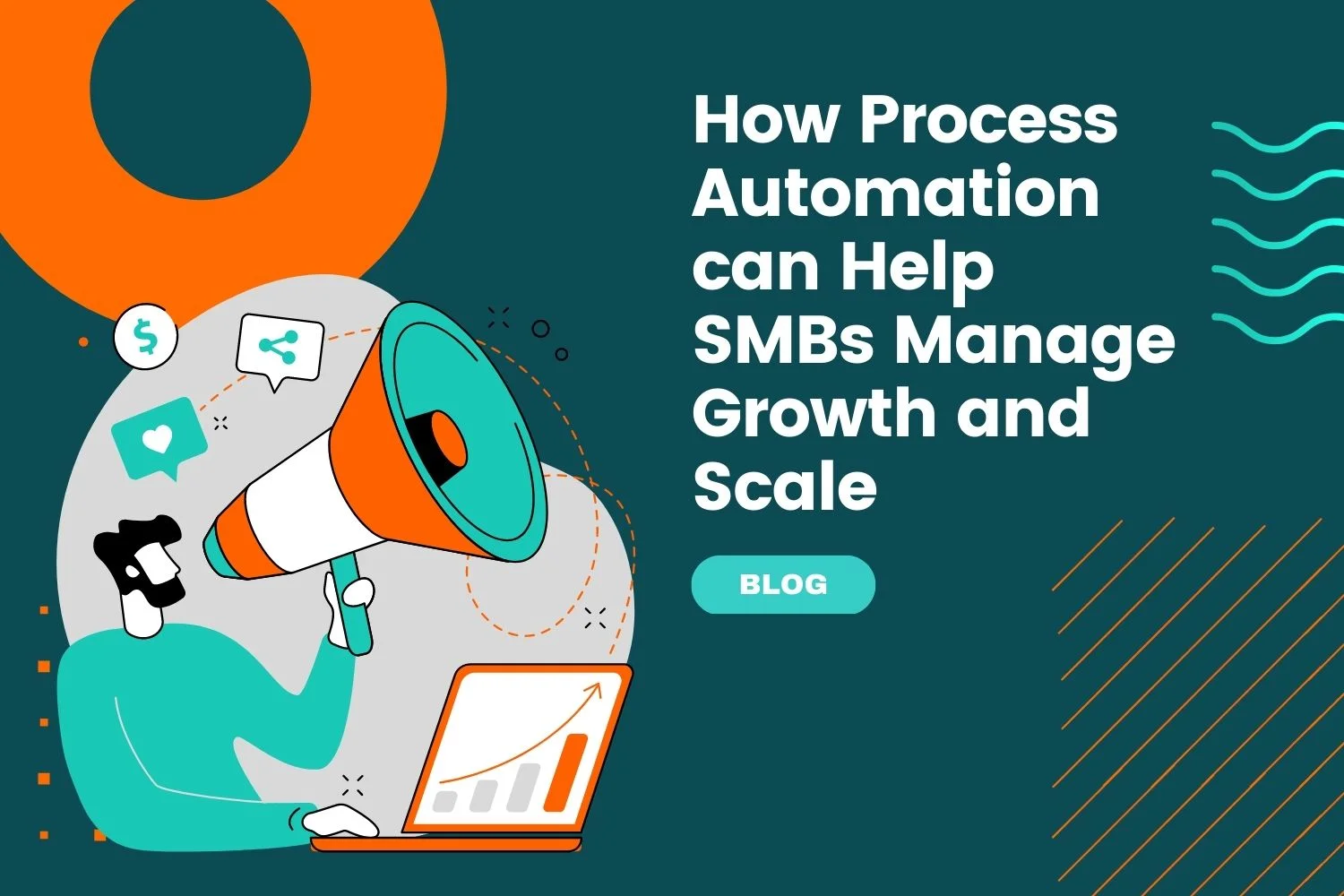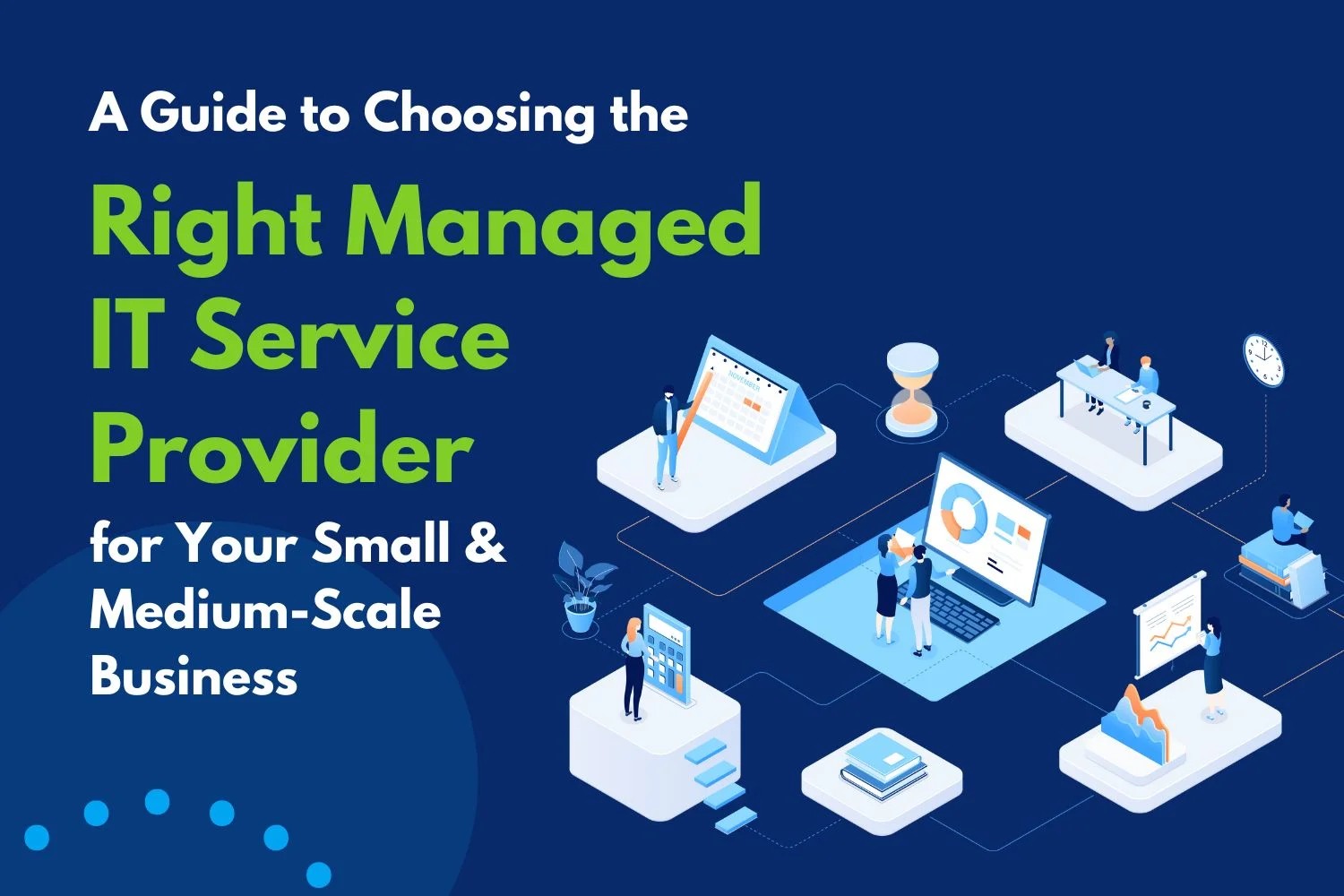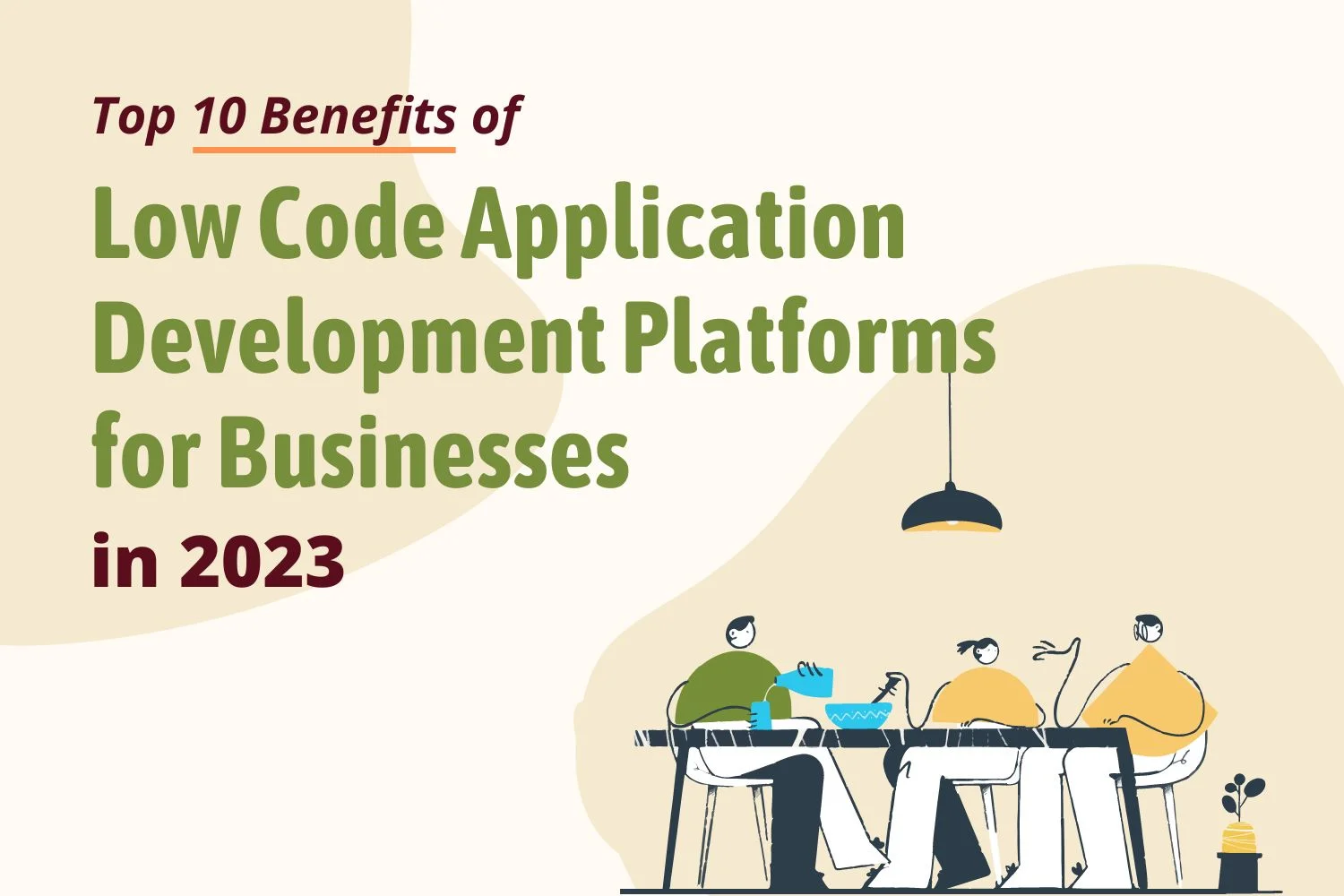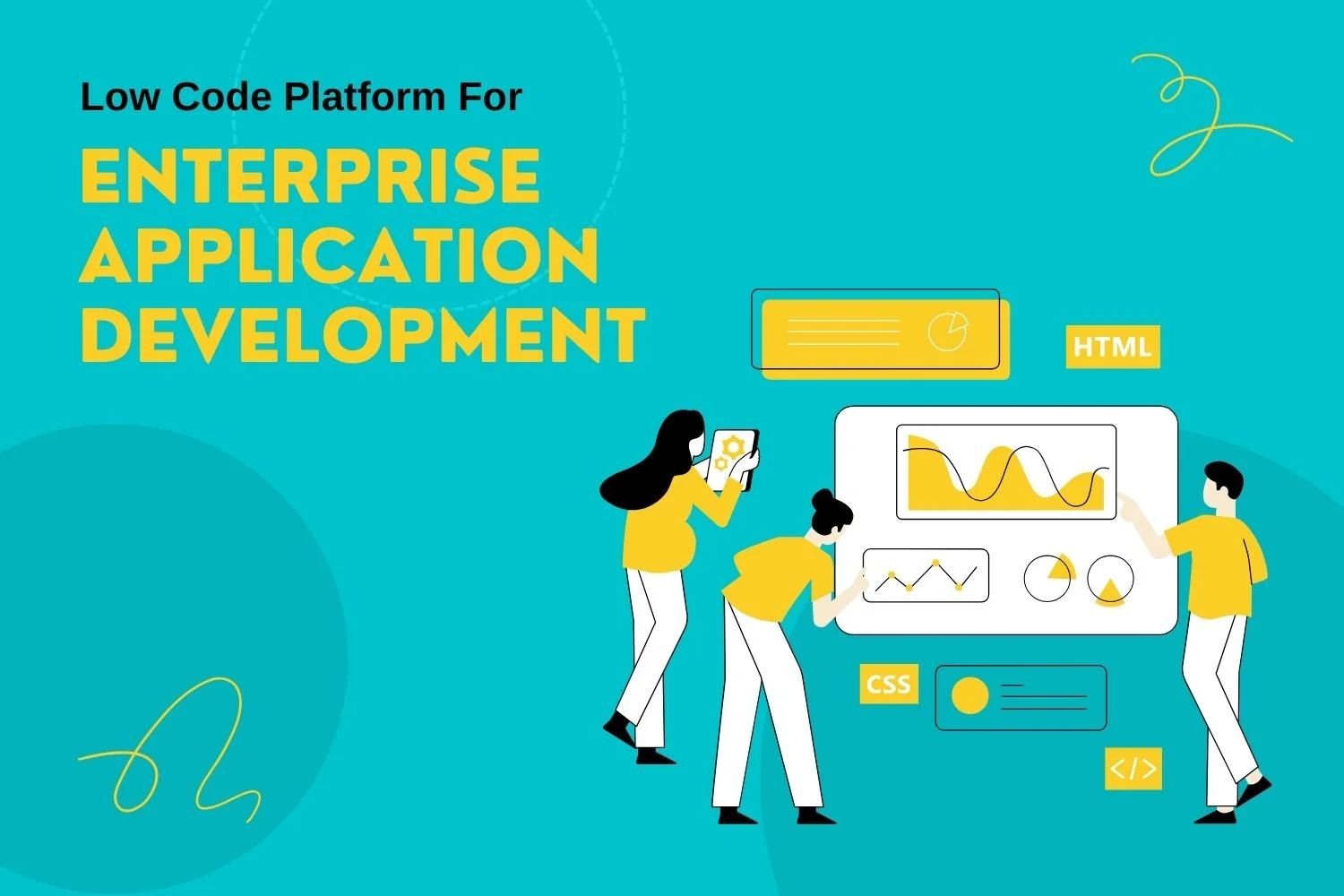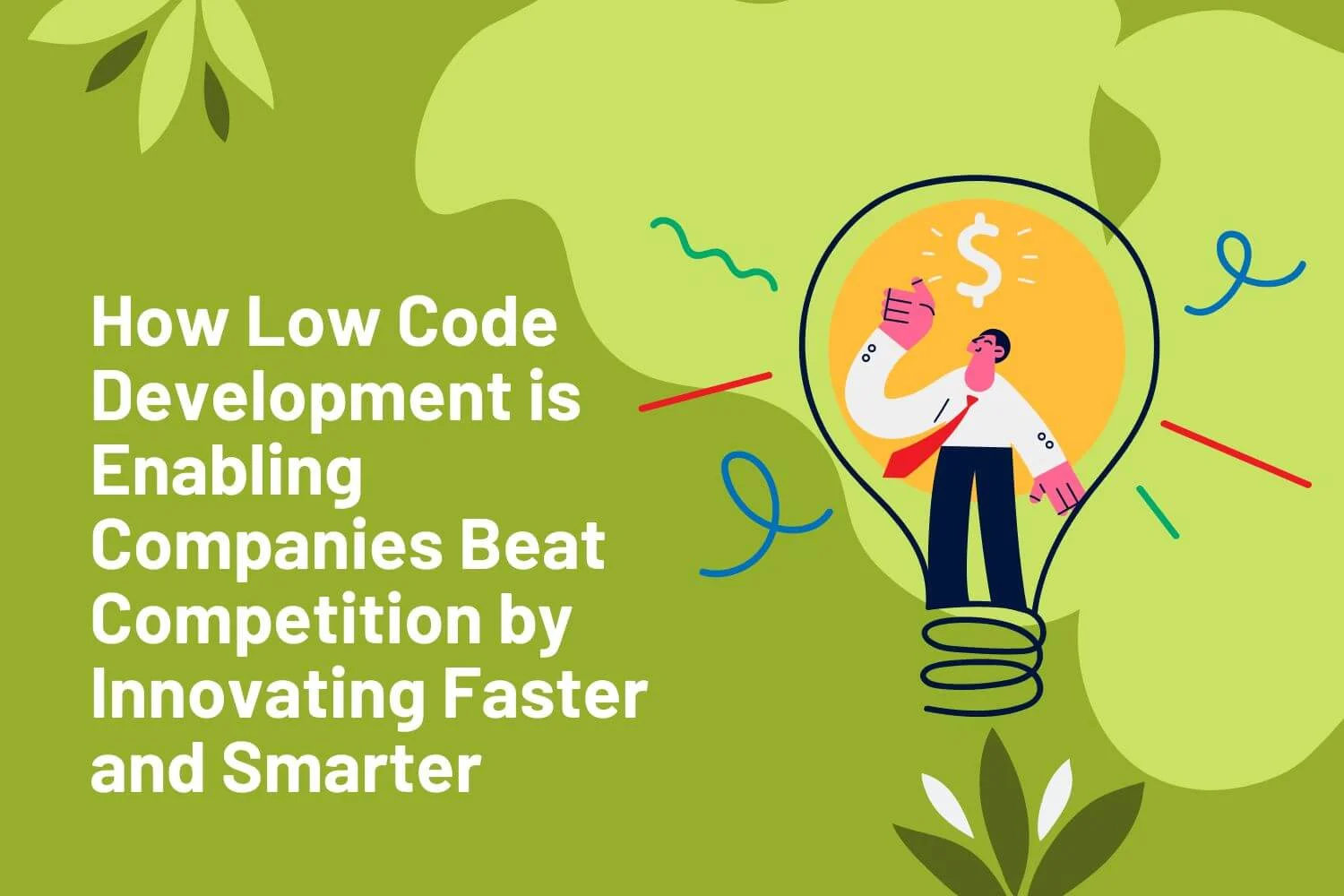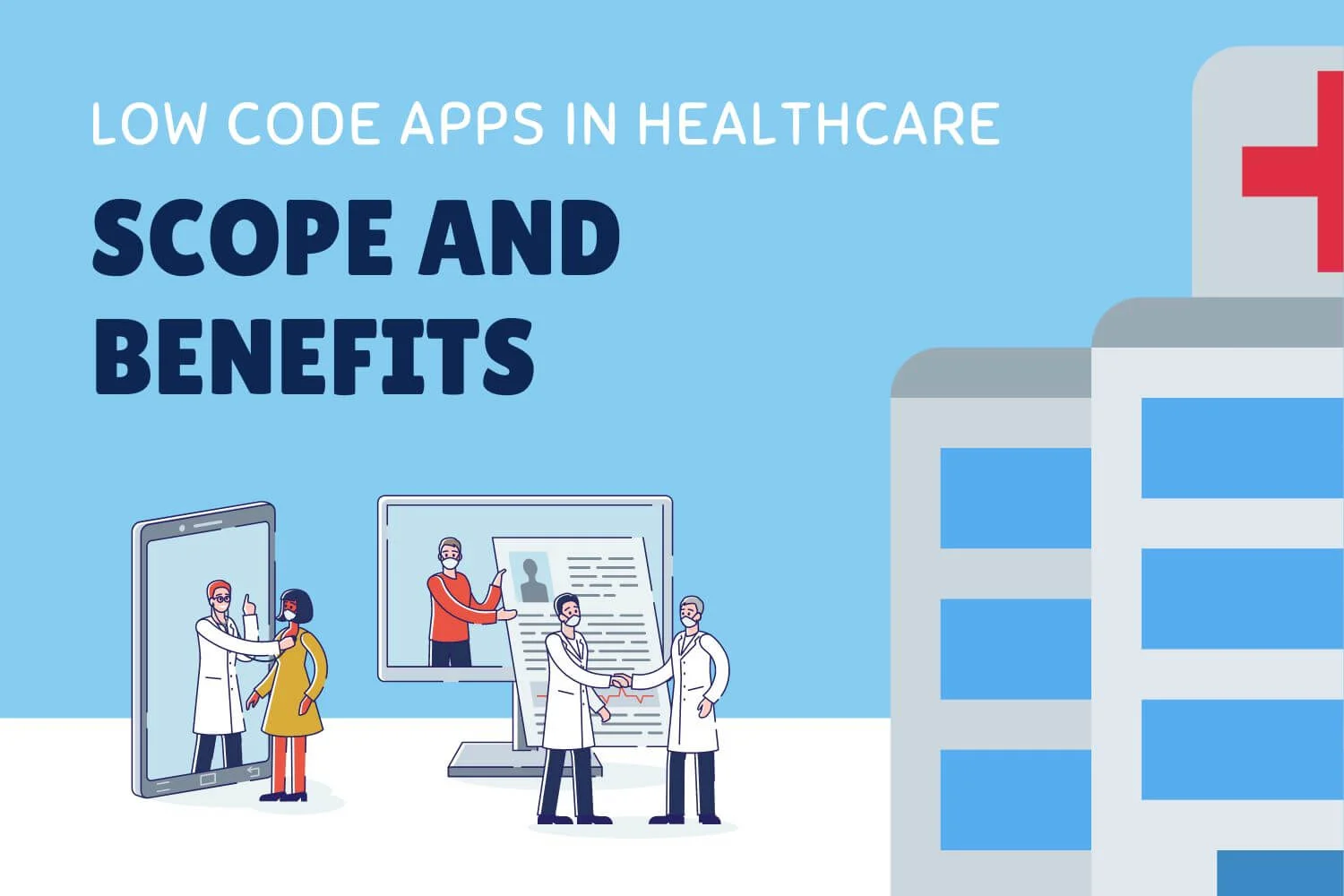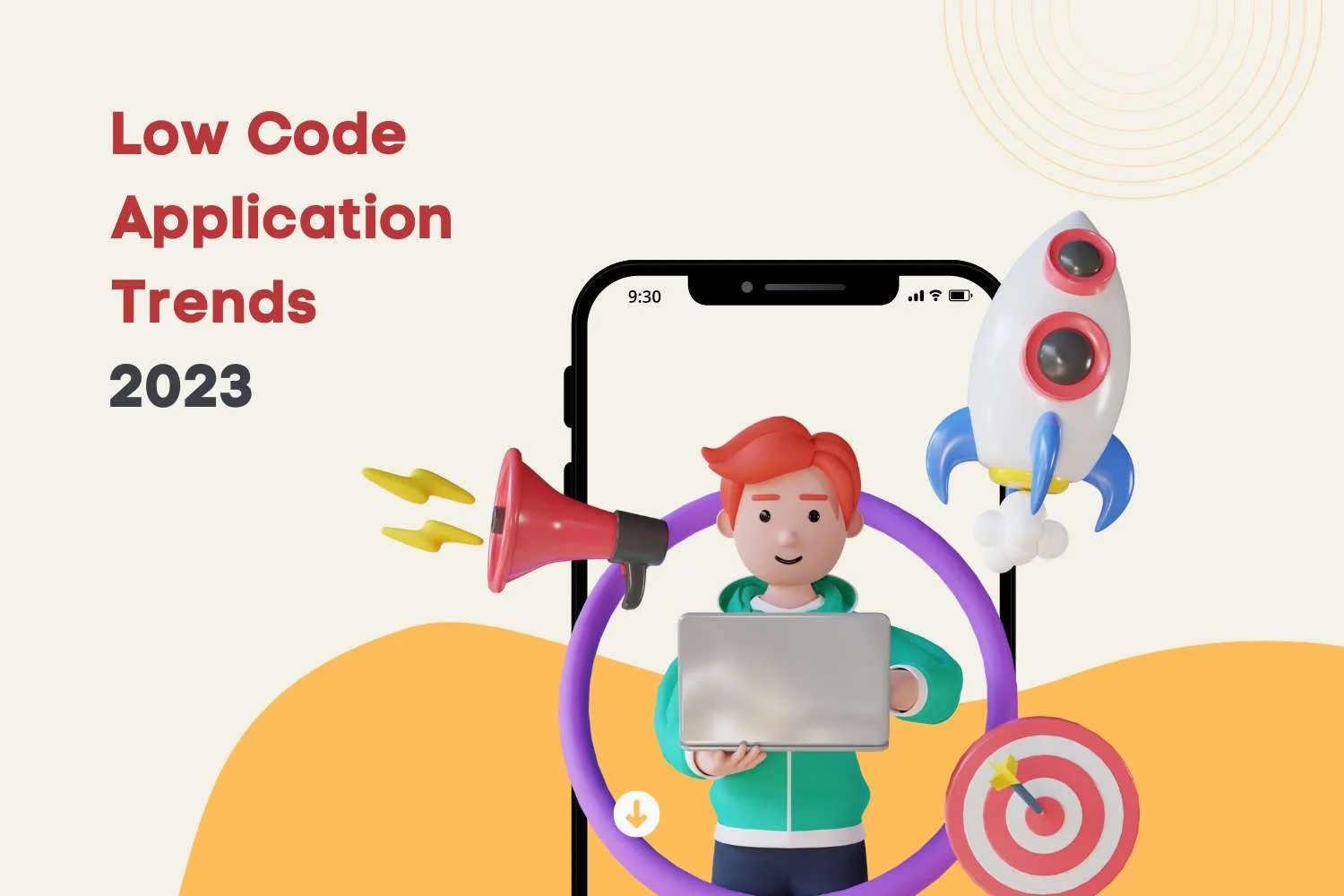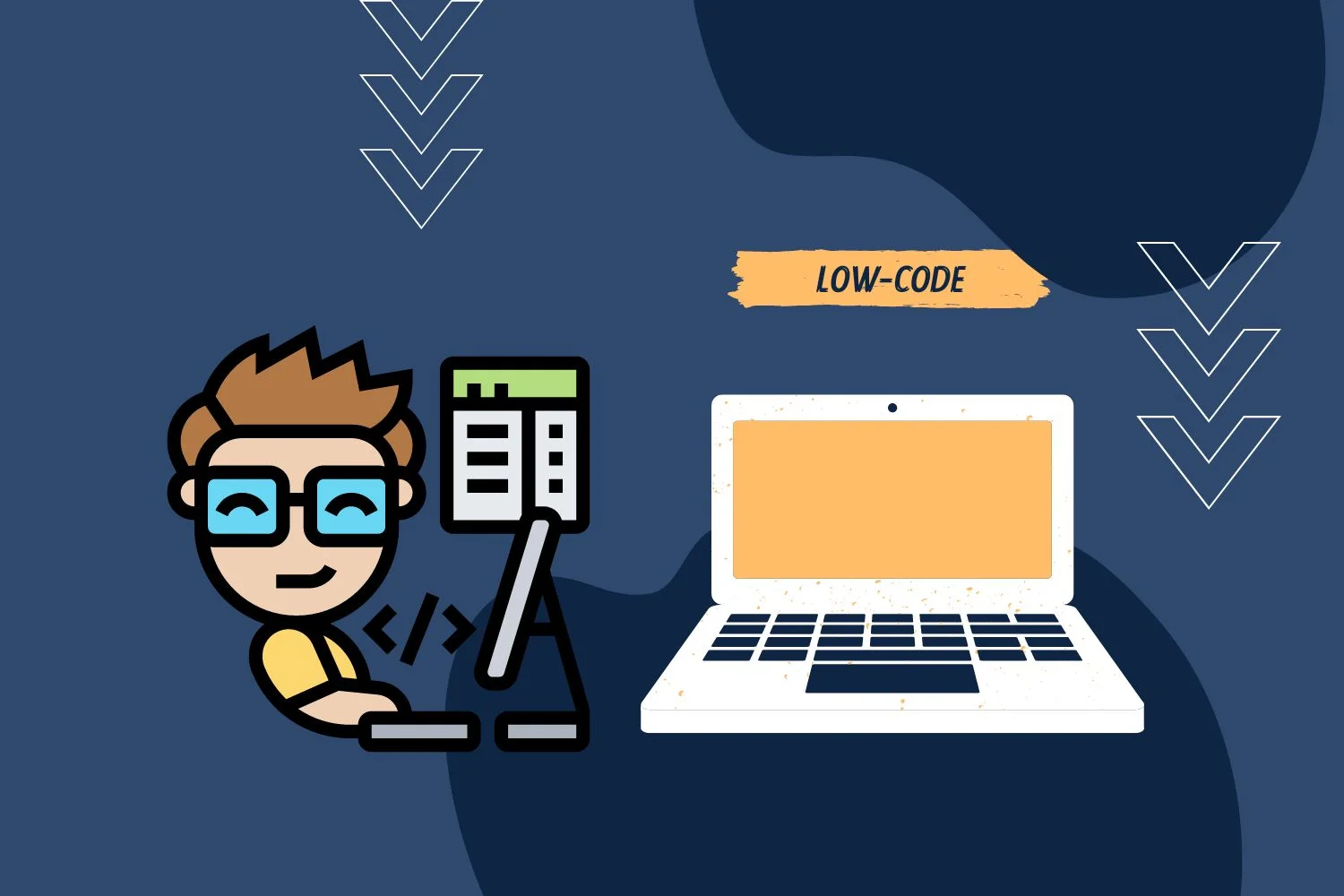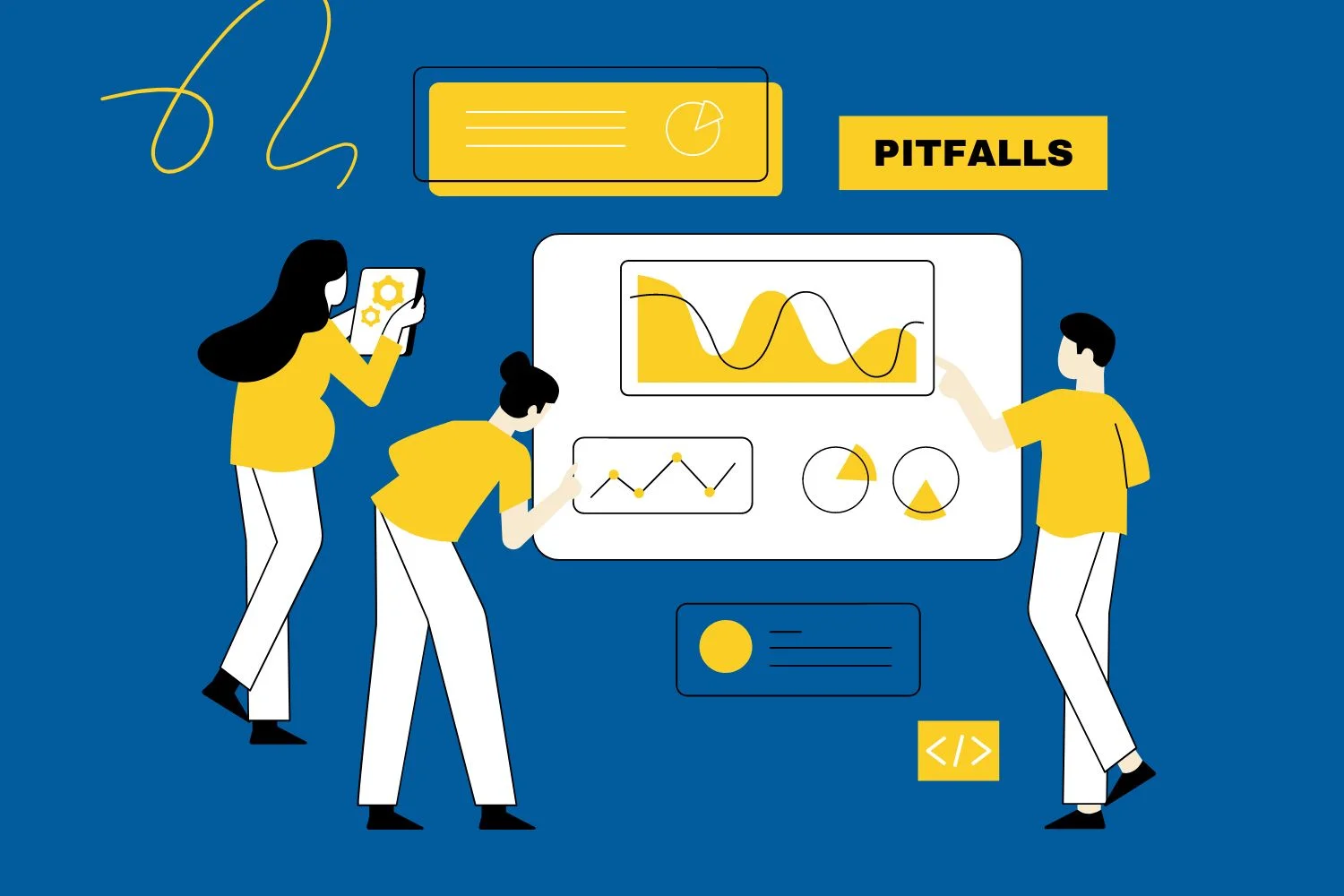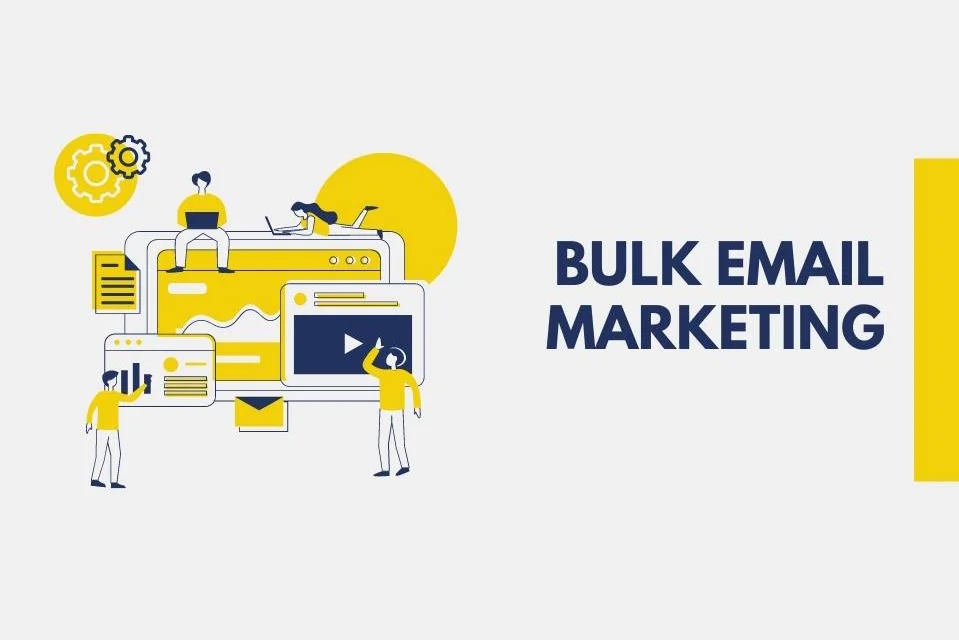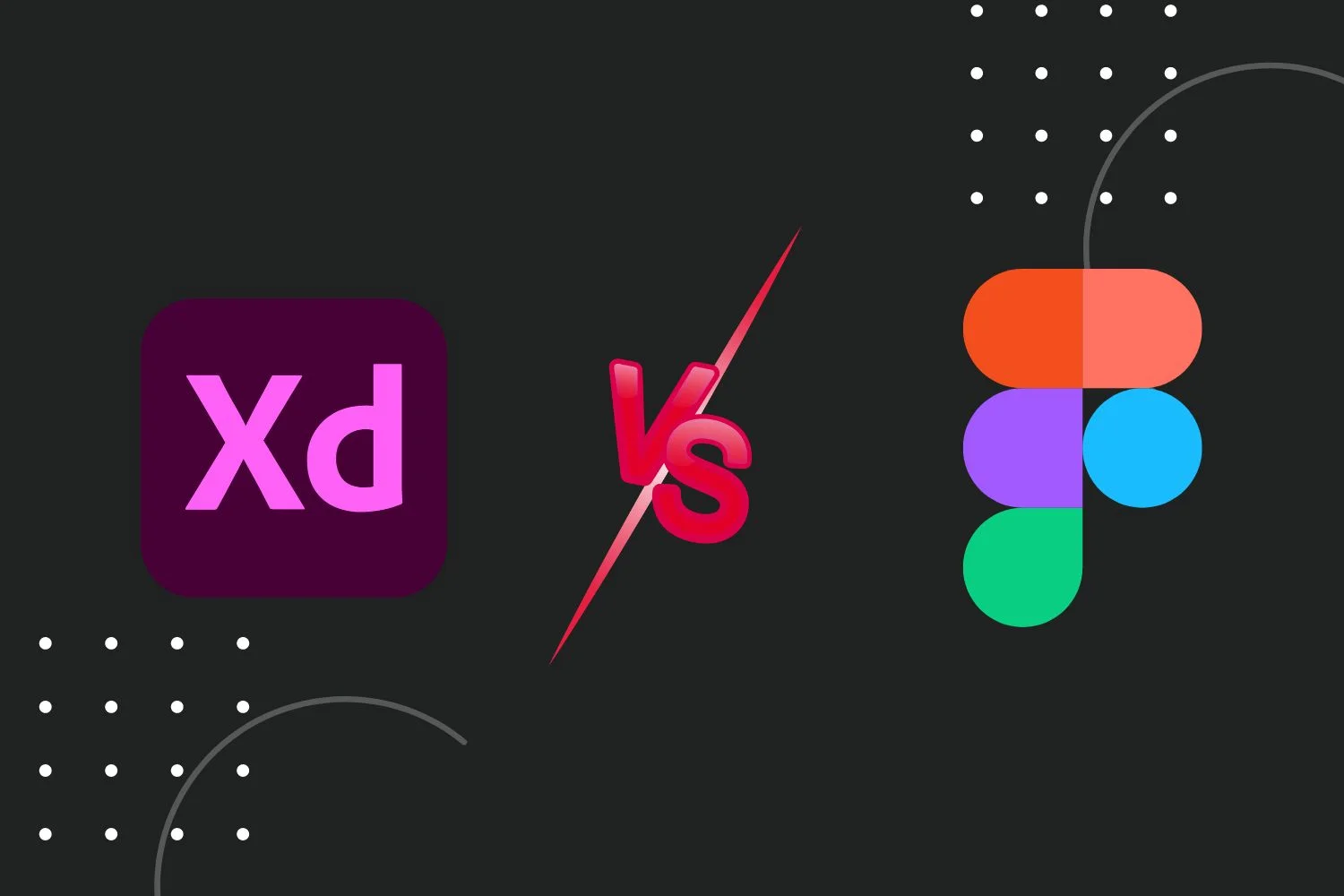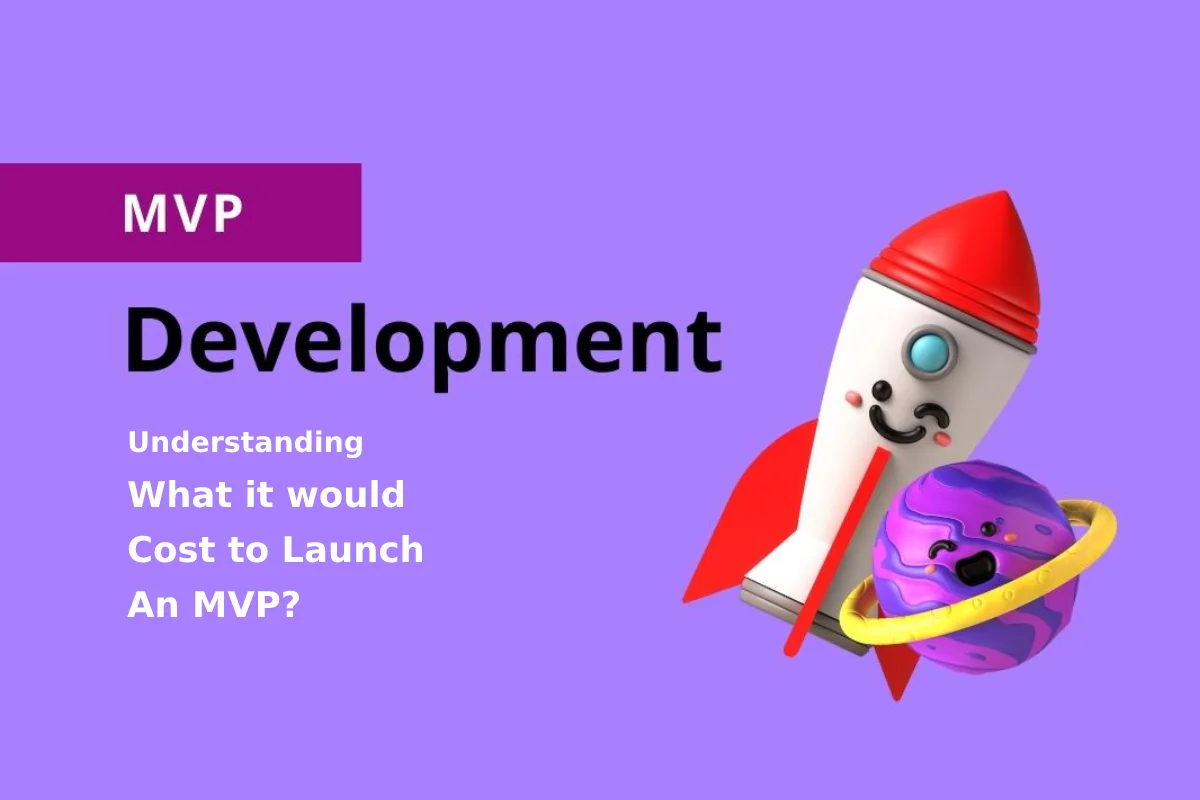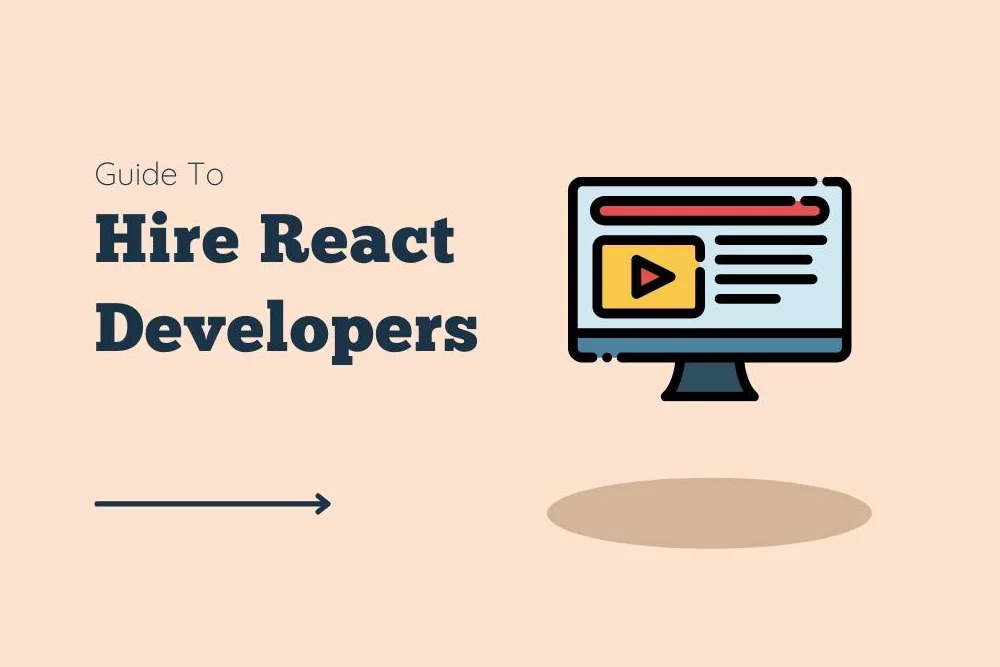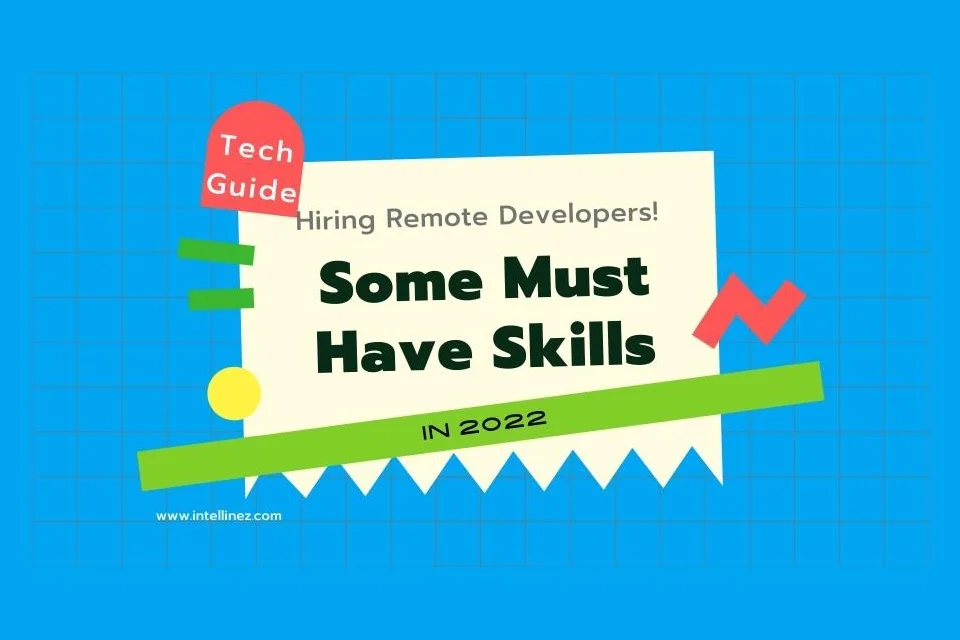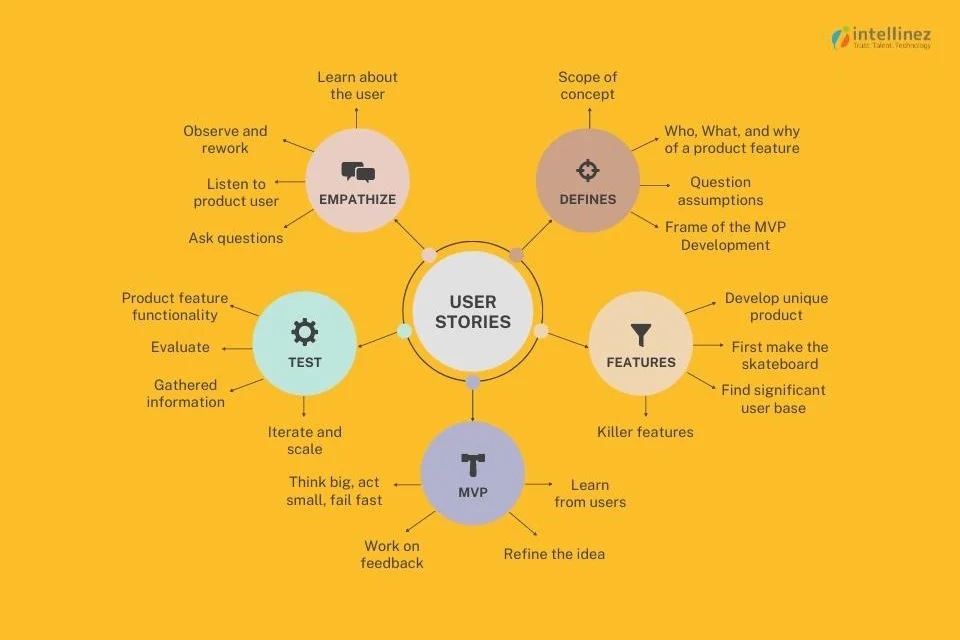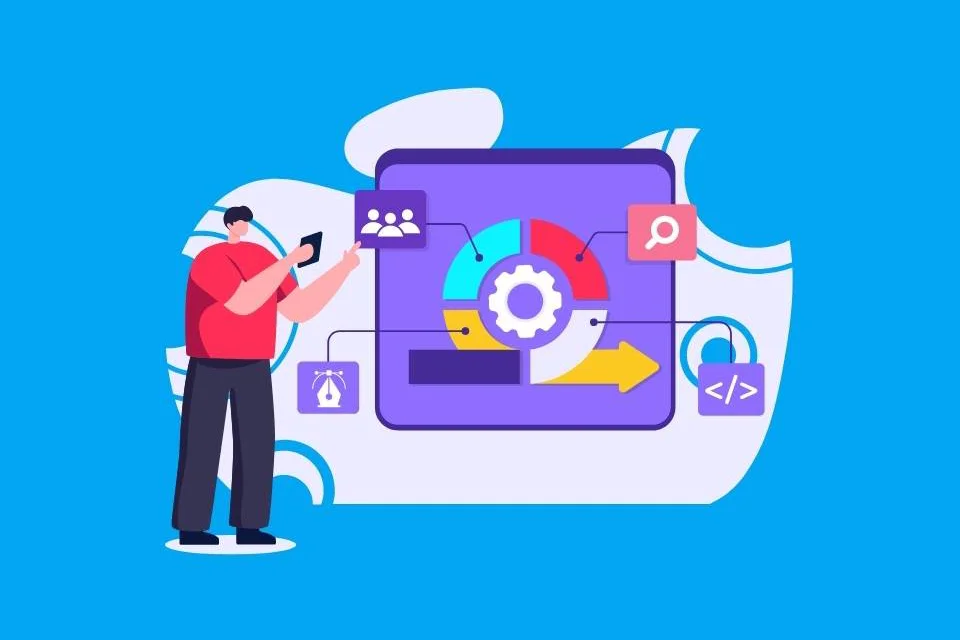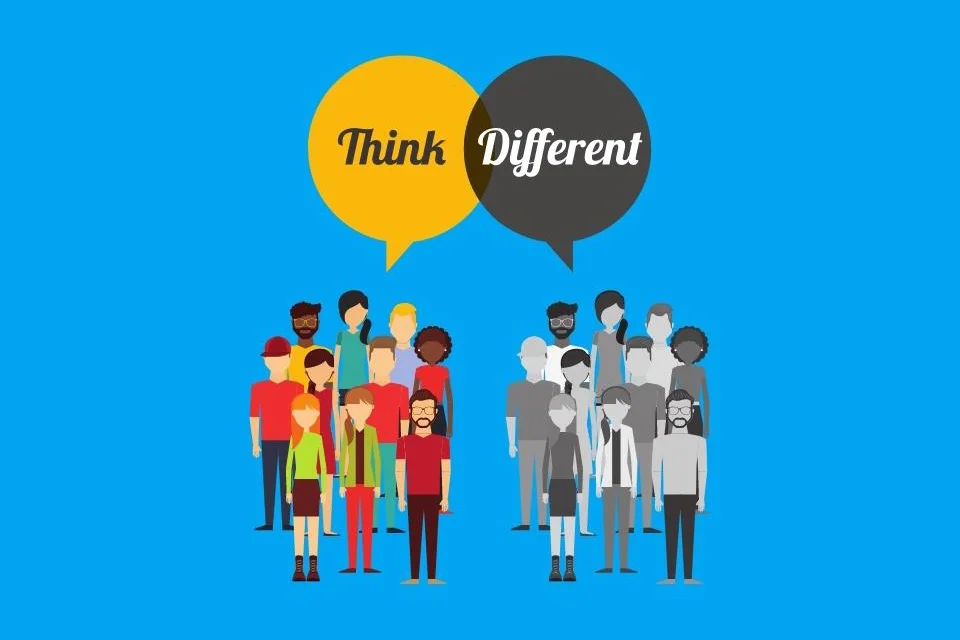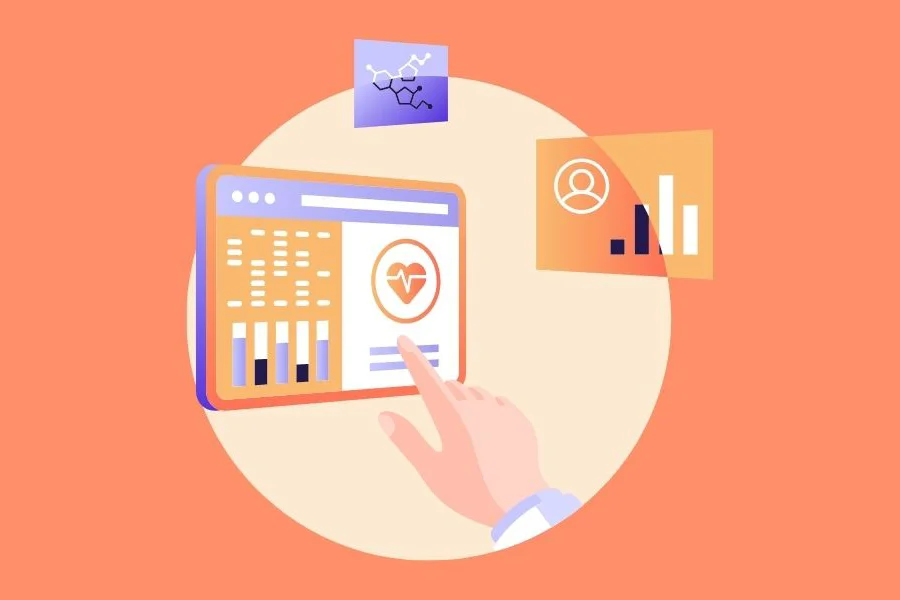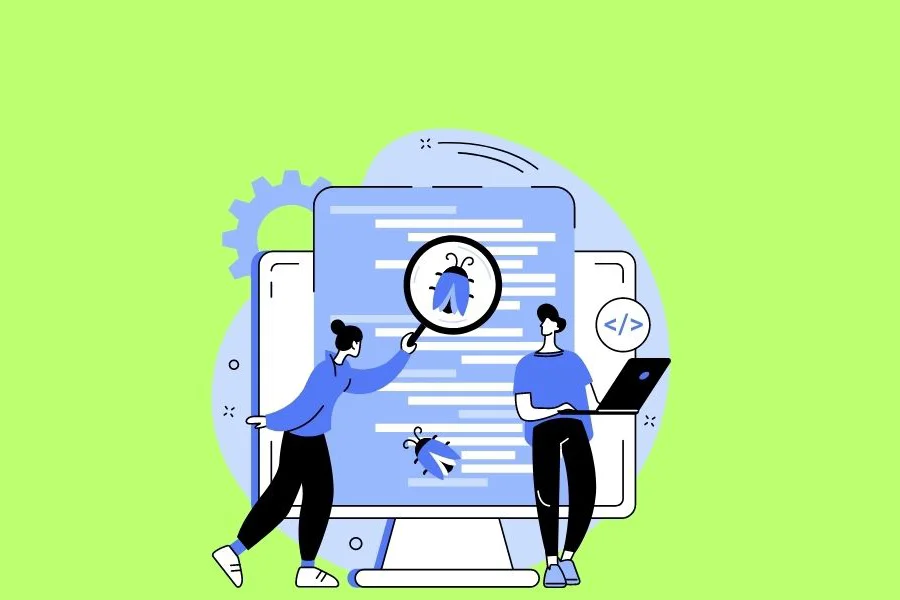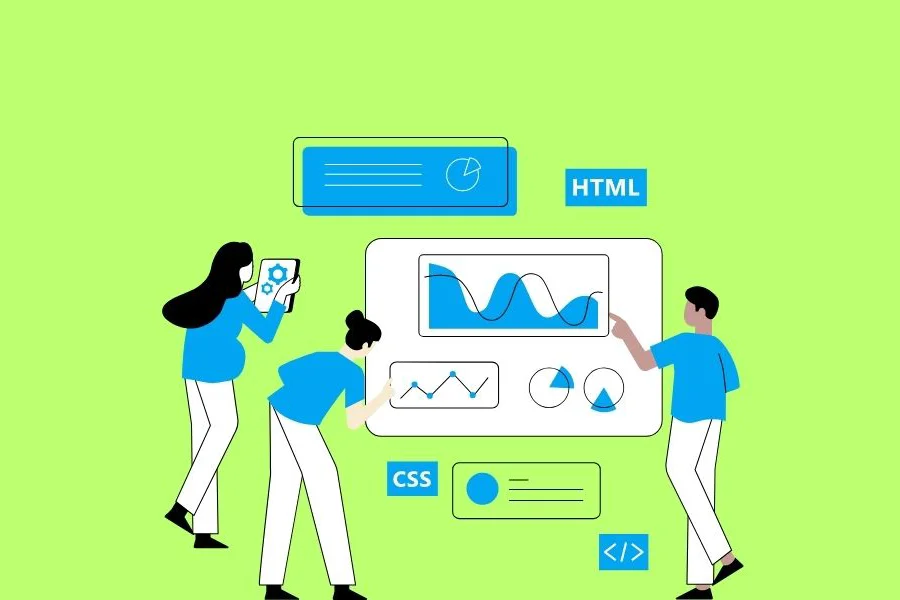- How AI Is Contributing To The Healthcare Sector?
- Keeping Up With Personal Well-Being
- Early Detection Of Diseases
- Drug Discovery Using AI
- Virtual Nursing Assistants
- Facilitating Diagnostic Processes
- Supporting Clinical Decision-Making
- Promoting Improved Coordination
- Promising Care Till End Of Life
- Facilitating Research Activities
- Facilitating Training Programs
- Conclusion
AI is becoming more advanced in replicating human abilities with enhanced efficiency, speed, and cost-effectiveness. The possibilities and role of AI in healthcare are immense. Similar to their integration into our daily routines, AI helps healthcare and becomes an integral component in the medical sector.
Team Intellinez Systems has identified numerous examples that demonstrate the ongoing progress of this change. Let’s find out how AI is used in the healthcare sector.
How AI is Contributing to the Healthcare Sector?
Keeping Up With Personal Well-Being
AI holds significant promise in promoting personal well-being, aiming to reduce the frequency of doctor visits or even eliminate the need for them altogether. The utilization of AI and the Internet of Medical Things (IoMT) in consumer health applications is already making a positive impact on individuals.
Technological applications and mobile apps actively encourage healthier habits among individuals and facilitate proactive management of a wholesome lifestyle. These tools empower consumers to take charge of their own health and well-being.
Furthermore, AI enhances healthcare professionals’ capacity to comprehend the day-to-day patterns and requirements of their patients. Armed with this understanding, they can offer improved feedback, guidance, and support for maintaining good health.
Early Detection of Diseases
AI is currently employed for more precise and early detection of diseases, including cancer. The American Cancer Society reports that a significant number of mammograms produce false outcomes, resulting in 1 out of 2 healthy women being mistakenly diagnosed with cancer.
However, through the use of AI, the examination and interpretation of mammograms are expedited by 30 times, while maintaining a remarkable 99% accuracy. This advancement significantly reduces the need for unnecessary biopsies.
Furthermore, the combination of AI with consumer wearables and other medical devices is being utilized to monitor and detect early-stage heart disease. This integration allows doctors and caregivers to closely observe and identify potentially life-threatening episodes at earlier stages, when treatments are more effective.
Drug Discovery Using AI
AI enables researchers to analyze extensive datasets of patient outcomes, aiding in the identification of substances with higher efficacy against specific diseases. Simultaneously, it facilitates the screening of compounds that are safe for human use, cost-effective, and easily manufacturable.
Leveraging increased computing capabilities, AI can analyze vast amounts of data from clinical trials and patient records. This analysis assists healthcare providers in identifying patients who are more likely to respond positively to specific treatments.
Additionally, AI aids researchers in prioritizing compounds for laboratory testing and designing more efficient clinical trials. These advancements contribute to speeding up the development process and expediting the introduction of new medicines to the market.
Virtual Nursing Assistants
AI-driven virtual nursing assistants provide advanced patient support, offering remote engagement, health information delivery, and appointment scheduling. Particularly beneficial for underserved areas, these assistants guide patients in understanding and managing their symptoms.
Care Angel exemplifies this with a 600% increase in clinical capacity through conversational interactions via calls or texts. Its AI-driven voice assistant enhances preventive care, medication adherence, addiction support, and remote monitoring.
Integrating with consumer wearables, virtual nurses enable healthcare professionals to monitor a wider range of vital signs, notifying patients and providers of critical changes. These advancements improve patient care and accessibility in healthcare.
Facilitating Diagnostic Processes
IBM’s Watson for Health is assisting healthcare organizations in leveraging cognitive technology to access and utilize extensive health data, facilitating diagnostic processes. Watson has the capability to swiftly examine and store an immense volume of medical information, encompassing medical journals, symptoms, treatment case studies, and global response data, surpassing human capacity by a significant margin.
In collaboration with clinicians, researchers, and patients, Google’s DeepMind Health is dedicated to resolving practical healthcare challenges. Their technology amalgamates machine learning with systems neuroscience, enabling the development of robust, versatile learning algorithms incorporated within neural networks that emulate the intricacies of the human brain.
Supporting Clinical Decision-Making
To enhance healthcare, it is crucial to effectively integrate extensive health data with timely and well-informed data driven decisions. Predictive analytics plays a valuable role in supporting clinical decision-making and facilitating actions, while also assisting in prioritizing administrative tasks.
Another emerging domain where AI is gaining traction in healthcare is through the utilization of pattern recognition. This approach enables the identification of patients who may be at risk of developing a condition or experiencing its progression due to various factors such as lifestyle, environment, genetics, and more.
Promoting Improved Coordination
In addition to aiding providers in identifying chronically ill individuals at risk of adverse events through health record analysis, AI can assist clinicians in adopting a holistic approach to disease management. It promotes improved coordination of care plans and supports patients in effectively managing and adhering to long-term treatment programs.
The utilization of robots in the field of medicine spans over three decades. These robots vary in complexity, ranging from simple laboratory assistants to highly sophisticated surgical robots capable of assisting human surgeons or independently performing operations. Apart from their role in surgery, robots find application in hospitals and laboratories for repetitive tasks, rehabilitation, physical therapy, and supporting individuals with chronic conditions.
Promising Care Till End of Life
As our lifespans extend beyond previous generations, we are encountering a different and gradual process towards the end of life, marked by ailments like dementia, heart failure, and osteoporosis. This phase often brings feelings of isolation and loneliness.
In the realm of end-of-life care, robots hold significant promise, offering the potential to bring about transformative changes. They can contribute to prolonging independence, reducing reliance on hospitals and care facilities.
With the integration of AI and advancements in humanoid design, robots are capable of going a step further by engaging in “conversations” and other social interactions, aiding in the maintenance of cognitive acuity in aging individuals.
Facilitating Research Activities
The journey from a research laboratory to the patient’s bedside is a lengthy and expensive one. As per the California Biomedical Research Association, it typically takes around 12 years for a drug to traverse this path.
Out of the initial 5,000 drugs that undergo preclinical testing, only five advance to human testing, and merely one out of these five ultimately gets approved for human use. Additionally, the average cost for a company to develop a new drug from lab to patient stands at approximately US $359 million.
AI’s application in healthcare has more recently extended to drug research and discovery. By leveraging the latest advancements in AI, it becomes possible to streamline the processes involved in drug discovery and repurposing. This has the potential to significantly reduce both the time required to bring new drugs to market and the associated costs.
Facilitating Training Programs
AI facilitates realistic simulations for trainees in a manner that goes beyond the capabilities of simple computer algorithms. With advancements in natural speech and instant access to vast scenario databases, an AI-powered computer can provide responses, decisions, and advice that can pose challenges beyond what a human trainer can offer.
Moreover, the training program can learn from the trainee’s previous responses, enabling continuous adjustments to meet their specific learning requirements.
Furthermore, training can take place anywhere thanks to the integration of AI on smartphones. This means that quick catch-up sessions can be conducted after challenging cases in a clinic or even while traveling, harnessing the power of AI on-the-go.
Conclusion
Artificial intelligence proves to be a valuable asset in the healthcare and hospital settings, offering immense potential to enhance patient outcomes and satisfaction. It has already demonstrated notable progress in various areas, including drug discovery, data analytics, robot-assisted surgery, and virtual nursing assistants.
While there are ongoing challenges to address, such as ensuring the proper training of AI systems to minimize errors, the continuous stream of innovations is expected to reshape the dynamics of patient-doctor interactions. These advancements aim to provide superior care at reduced expenses, paving the way for improved healthcare experiences for patients.
Hire Intellinez to Implement AI in Your Healthcare Practices
Our team has ample amount of experience in AI-based solutions. Our services can make your healthcare practices more effective by leveraging advanced technologies and improving processes. Trust Intellinez Systems to deliver innovative solutions tailored to your specific needs and enhance the efficiency and quality of your healthcare services.
Soumya Mishra
Technology Leader proficient in engineering and execution of enterprise-level IT projects and providing support services on the same. Possesses the ability to set functional and technical strategies, converting them to an achievable plan of action, and driving them to realize and achieve customer success. Passionate leader believing in leading by example, possessing strong problem-solving skills and a can-do attitude. Adept at handling cross-functional teams across the globe and motivating them to achieve outstanding and sustainable results to meet organizational goals and objectives! Guiding Quote – “Every job is a self-portrait of the person who did it, Autograph your work with excellence”





































![A Comprehensive Guide to AWS SaaS Architecture [Diagram Included] 78 Aws SaaS Architecture](http://www.intellinez.com/wp-content/uploads/2024/08/Title-image.jpg)

